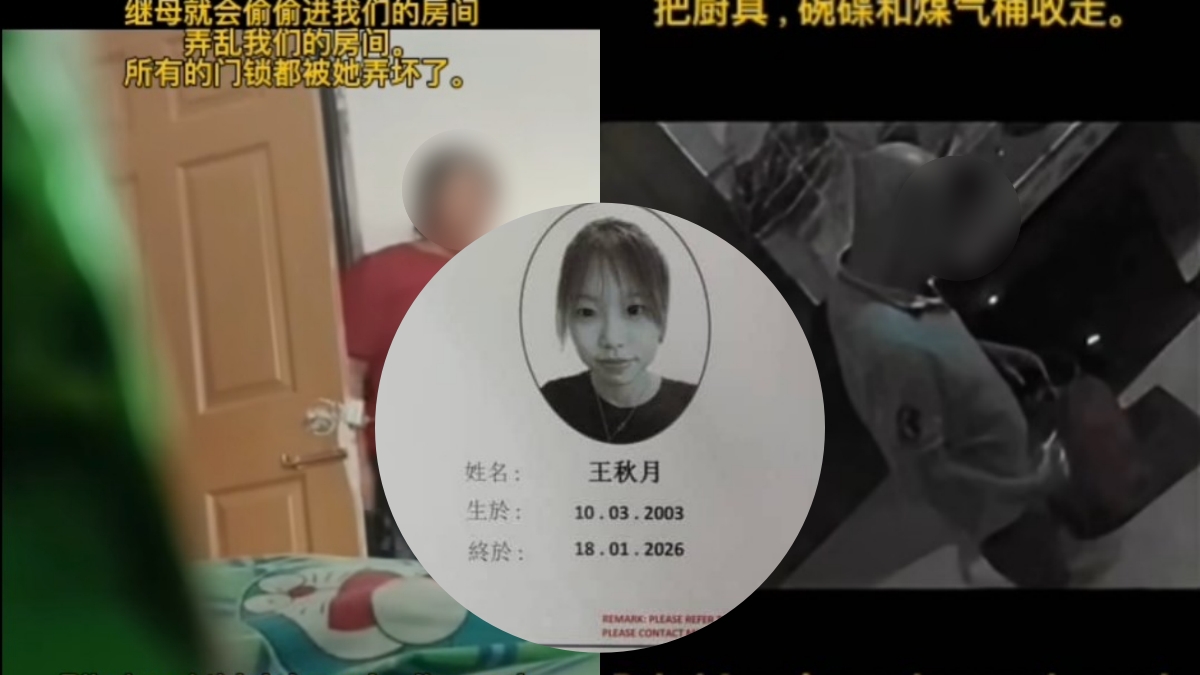NUS apologises for disposal of Yale-NUS library books after public backlash
The National University of Singapore (NUS) has apologised after hundreds of Yale-NUS College library books were destroyed before students could reclaim them, following criticism from alumni and students who demanded greater transparency in the disposal process.

- A feature on how academic libraries in Singapore manage book disposal and recycling.
- An interview with Yale-NUS alumni on the symbolic significance of the library controversy.
- A report examining NUS’s sustainability policies and how they align with its operational practices.
The National University of Singapore (NUS) has apologised after the disposal of Yale-NUS College library books sparked anger among alumni and students.
The controversy unfolded on 21 May 2025, when NUS confirmed that hundreds of books had already been destroyed before attempts were made to halt the recycling process.
Apology for “operational lapse”
In a statement reported by CNA, NUS University Librarian Associate Professor Natalie Pang admitted the incident was the result of an “operational lapse.”
She explained that while excess library books are typically rehomed across the NUS system or offered to faculty and students, this time, students were not given the opportunity to access the remaining Yale-NUS materials.
“We understand later that many students were interested in having these books and we would have usually acceded to their requests. We did not do so on this occasion and we apologise,” she said.
To address demand, NUS has announced plans to organise a book giveaway. The university also pledged to revise procedures to ensure wider access to surplus library materials in future.
Recycling completed before intervention
The controversy intensified after it emerged that NUS had contacted its recycling partner, Green Orange Enviro, at around 3pm on 20 May to stop the disposal. By then, the books had already been processed at an Asia Recycling Resources facility.
Students at the scene reportedly witnessed the books being loaded onto recycling trucks and clashed with staff who barred them from intervening.
One student recalled being told: “You can’t touch these books… they’re to be disposed of.”
According to CNA, two NUS staff members and two employees from the recycling company informed students they could not retrieve the books.
An NUS librarian later said the disposal was necessary due to time constraints imposed by NUS Law Faculty and campus infrastructure teams, who had set a short deadline to clear the Yale-NUS library.
Scope of disposal
Natalie Pang confirmed that around 9,000 books had been marked for disposal, primarily duplicates or titles with “low utilisation rates.” These were drawn from an estimated 45,000 volumes in the Yale-NUS library collection.
Of this group, approximately 500 books were already destroyed before NUS attempted to intervene. The remainder, about 8,500 books, will now be redistributed through book fairs instead of being recycled.
Petition and calls for accountability
The disposal prompted students and alumni to launch a petition titled Save the Yale-NUS Library Books, demanding accountability and transparency from the university.
According to the petition, Green Orange Enviro collected the books around noon on 20 May, transporting them to Asia Recycling Resources Pte Ltd. The recycling company later confirmed that the disposal order had come from NUS and that confidentiality protocols required the books to be shredded.
The petition also raised environmental concerns, highlighting a contradiction with NUS’s stated Sustainability Plan. It argued that alternatives such as alumni adoptions, community donations, or public libraries had not been properly explored.
As of 11.51am on 21 May, the petition had gathered 667 signatures.
Transition linked to Yale-NUS closure
The disposal comes as Yale-NUS College prepares to , with its final cohort set to graduate in May 2025. The closure follows NUS’s 2021 decision to merge Yale-NUS with the University Scholars Programme.
Later this year, the NUS Law Faculty, currently based at the Bukit Timah campus, will relocate to the Yale-NUS site. This transition prompted the clearance of the college’s facilities, including its library.
Wider implications
The controversy has reignited debate about how academic institutions manage resources during transitions. It has also raised questions about how NUS balances operational needs with accountability to students and alumni.
For some Yale-NUS graduates, the incident was seen not only as a loss of books but also as part of the broader dismantling of the college’s legacy.
NUS has acknowledged the criticism and promised to ensure that lessons are learned. In the meantime, efforts to rehome thousands of Yale-NUS volumes through book fairs are being prepared in a bid to repair trust with the community.







